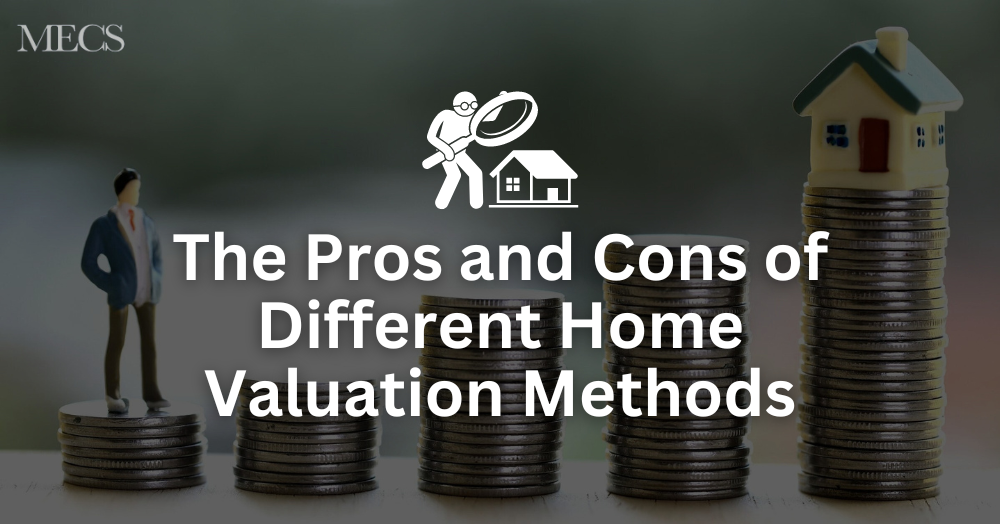There are many different methods that can be used to determine a property's worth, each with its own pros and cons. In this blog post, we'll explore some of the most common home valuation methods and highlight the benefits and drawbacks of each.
Method 1: Comparative Market Analysis (CMA)
A CMA is a popular method used by estate agents to determine a property's value. It involves looking at recent sales of similar properties in the same area to get an idea of what the property is worth. The main benefit of this method is that it takes into account the current market conditions and provides a good estimate of what buyers are willing to pay. However, the accuracy of the CMA can be influenced by the quality of the data available and the agent's interpretation of it.
Method 2: Appraisal
An appraisal is a more formal method of home valuation that involves an independent professional assessing the property's worth. This can be helpful for homeowners who are looking to refinance their mortgage or sell their home, as the appraisal can provide an unbiased estimate of the property's value. However, appraisals can be costly and are typically only required for certain types of transactions.
Method 3: Online Valuation Tools
There are many online tools available that claim to provide an estimate of a property's value. These tools typically use algorithms that take into account factors such as the property's location, size, and condition. The main benefit of these tools is that they are quick and easy to use, and can provide a good starting point for homeowners who are curious about their home's value. However, the accuracy of online valuation tools can be affected by the quality of the data used and the limitations of the algorithm.
Method 4: Cost Approach
The cost approach involves estimating the value of a property based on the cost of building a similar property from scratch. This method can be useful for unique or custom-built homes, as it takes into account the specific features and materials used. However, it can be difficult to accurately estimate the cost of rebuilding a property, and this method may not take into account factors such as depreciation or changes in the local housing market.
In conclusion, there are many different methods that can be used to value a property, each with its own benefits and drawbacks. As an estate agent, I recommend working with a professional who can provide a comprehensive analysis of your property's value, taking into account factors such as market conditions, recent sales data, and the specific features of your home. With the right information and guidance, you can make informed decisions about buying, selling, or refinancing your home.

